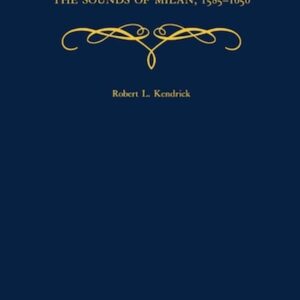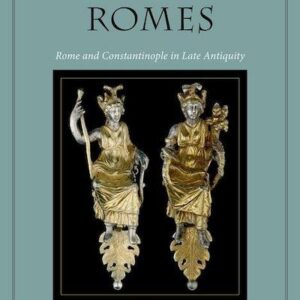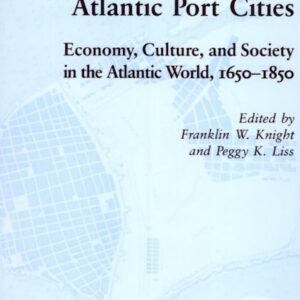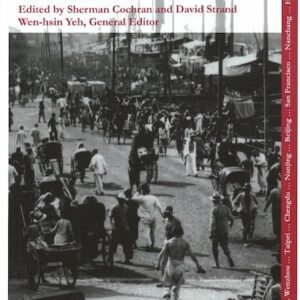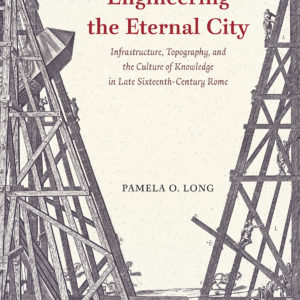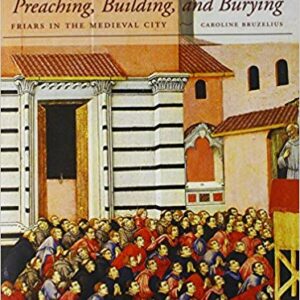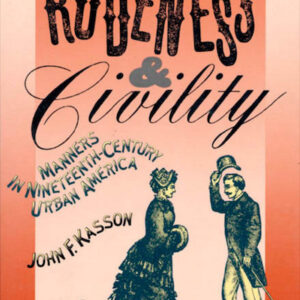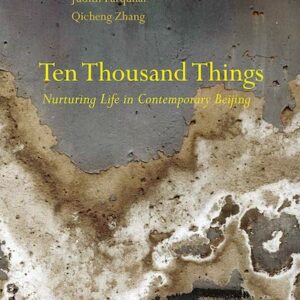
Ten Thousand Things: Nurturing Life in Contemporary Beijing
By Judith Farquhar (NHC Fellow, 2007–08; 2015–16) Ten Thousand Things explores the many forms of life, or, in ancient Chinese parlance “the ten thousand things” that life is and is becoming, in contemporary Beijing and beyond. Coauthored by an American anthropologist and a Chinese philosopher, the book examines the myriad ways contemporary residents of Beijing understand … Continued
